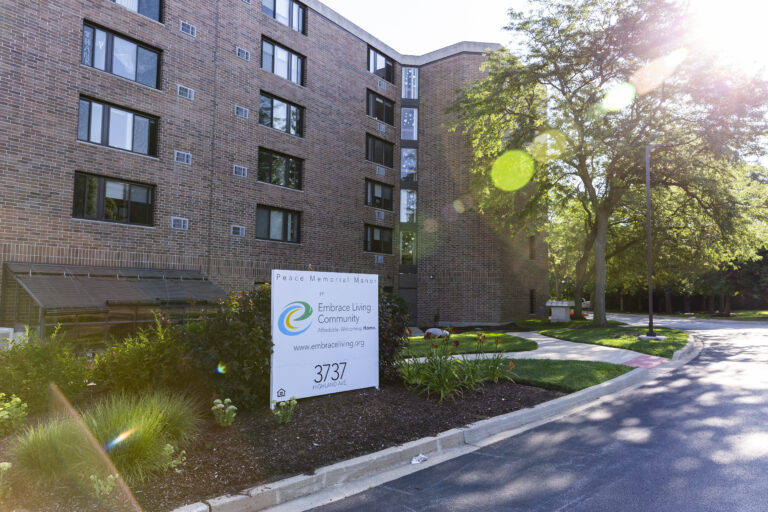
While some may view affordable housing as only a social issue, there are also clear economic benefits of affordable housing. According to a study from the Joint Center for Housing Studies at Harvard University, increasing the supply of affordable rental homes adds between $1.2 billion and $2.4 billion annually to local economies across America’s metropolitan areas. Research from the American Planning Association shows that every dollar invested into affordable housing creates $2.30 in economic activity. This is a huge benefit of affordable housing for our communities and should not be overlooked when advocating for more affordable housing.
Housing our neighbors stimulates local economies at a far greater rate than leaving them unhoused or without housing assistance.
When people are able to find housing that is affordable and meets their needs, they are more likely to stay in a community. This helps to reduce the rate of turnover, which can have positive economic impacts. For instance, when individuals remain in one community for an extended period, they are more likely to become involved in the local economy. They might start volunteering, shopping locally or even investing in local small businesses.
Affordable housing can also benefit local economies by increasing the disposable income of residents. When individuals don’t have to spend an excessive amount on housing, they can direct more of their income towards other spending types, such as dining out, shopping and other leisure activities. This generates more revenue for local businesses and can even create new business opportunities.
Housing creates jobs, and lots of them.
The U.S Department of Housing and Urban Development (HUD) estimates that around one million new jobs are created annually as a result of building or rehabilitating two million units of rental housing with HUD subsidies over a two year period. Building and renovating affordable housing developments requires a vast range of skilled workers, such as architects, engineers, construction workers, plumbers, electricians and more. It also provides jobs to many day-to-day management staff from housing admins and janitors on the property, to maintenance staff, skilled social workers and healthcare professionals.
Newly constructed affordable housing also has long-term job benefits as well. Providing affordable housing options boosts the local workforce, as it provides individuals with a secure place to live, enabling them to take on stable work instead of being forced to relocate frequently in search of affordable accommodation. According to the National Low Income Housing Coalition, one affordable housing unit produces an average of three jobs and $60,000 in local income.
Affordable housing provides tax benefits that result in increased property value.
Another one of the economic benefits of affordable housing is that it can increase property values and generate tax revenue for local governments. When affordable housing communities are built in an area, they can lead to increased property values for nearby homes and businesses. This can translate into increased property tax revenue for the local government, which can be used to fund public services and infrastructure improvements.
Developers can also receive federal tax credits and deductions for investing in affordable housing projects, encouraging the creation of more affordable housing units. Local governments can also offer property tax exemptions or reductions to developers of affordable housing.
There are many moral reasons to support affordable housing, but on a more practical level, the economic benefits are clear and should also be considered when advocating for affordable housing in communities. Learn more about how we’re improving our affordable housing communities: https://embraceliving.org/property-solutions-renovation-update/
Feel free to contact us for any future resident, current resident, or general inquiries.